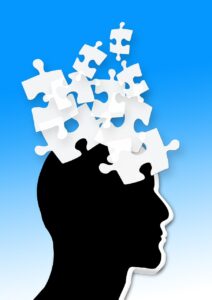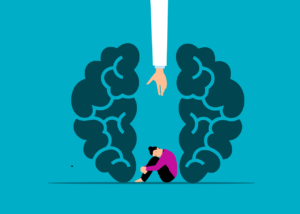Link Between Emotions and Gut
The gut-brain connection is a significant factor in mental and digestive health. Expressions like "gut-wrenching" or feeling "butterflies" in your stomach have a basis in the sensitivity of the gastrointestinal tract to emotions, including anger, anxiety, sadness, and elation.
Bidirectional Influence
The brain directly impacts the stomach and intestines. Thoughts of eating can stimulate stomach juices, showing the bidirectional nature of this connection. A distressed intestine can signal the brain, and vice versa, implicating the gut in anxiety, stress, or depression-related issues.
Psychological Factors and GI Health
Stress, depression, and psychological factors affect the movement and contractions of the GI tract, leading to functional GI disorders. These conditions are not merely psychological but a combination of psychological and physical factors.
Improved Digestive Health with Psychological Approaches
Patients with functional GI disorders may benefit from therapies addressing stress, anxiety, or depression. Studies indicate that psychologically based approaches yield better results in relieving digestive symptoms compared to conventional medical treatments.
Addressing Stress for Digestive Comfort
Symptoms like heartburn, abdominal cramps, or loose stools may be related to stress. Observing and discussing these symptoms with a doctor can lead to strategies that manage stressors and alleviate digestive discomforts.







